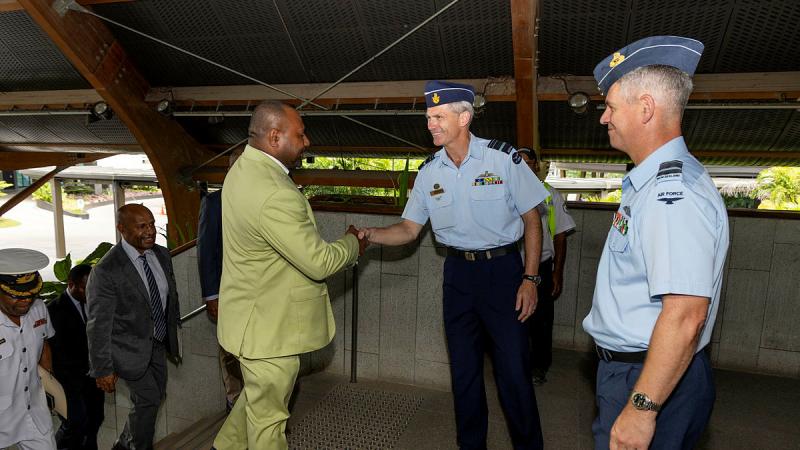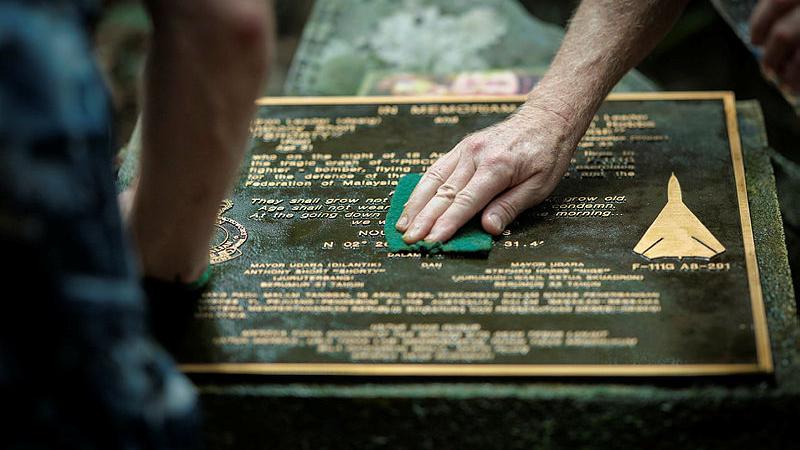Two research and innovation projects led by researchers from the Faculty of Engineering at Monash University have been selected as finalists in Australia’s premier national science awards, the Eureka Prizes.
Both projects involve significant practical advances in renewable and sustainable energy for a low-carbon future.
Windows that generate electricity
Monash University has partnered with Australia’s national science agency CSIRO to develop windows that can efficiently generate solar electricity. The project is a finalist for the Eureka Prize for Innovative Use of Technology.
Led by Pro Vice-Chancellor (Research Infrastructure) Professor Jacek Jasieniak of the Department of Materials Science and Engineering and Dr Jenny Zhou of the Department of Civil Engineering, and working with a group led by Dr Anthony Chesman at CSIRO, Monash researchers have created semi-transparent solar cells made from materials called metal halide perovskites.
The physical characteristics of perovskites mean they are very efficient at generating electricity while also being transparent, and they can be printed as very thin films, making them ideal candidates for integrated applications in buildings.
Researchers have also shown how films made using metal halide perovskites can be “tuned” to achieve optimal balance between light transmission and power generation.
Modelling shows solar windows could produce up to 100 per cent of the total electricity needs of a fully-glazed skyscraper, thus substantially reducing a building’s net CO2 emissions.
Future development work in the project will focus on translating laboratory-based production methods to scalable production methods suitable for window sizes commonly used in construction.
Mapping locations for sustainable resource development
A world-first online platform that lets users create accurate maps to inform decisions about the location of resource development projects has been selected as a finalist for the Eureka Prize for Innovative Research in Sustainability. Developed by researchers led by Dr Stuart Walsh of Monash’s Department of Civil Engineering and Dr Marcus Haynes of Geoscience Australia, the Economic Fairways Mapper project is designed to support the responsible and sustainable development of renewable energy and critical mineral resources in Australia.
The research team developed an open-source toolkit to facilitate planning of renewable energy and mineral projects by providing access to multi-disciplinary information that can be used to identify the most sustainable locations for resource development in the early stages of project decision-making and investment when the potential for impact is greatest.
The Economic Fairways Mapper integrates advanced mapping technology with diverse datasets, enabling policy makers and industry leaders to conduct detailed geospatial-financial analyses of future large scale projects and assesses the quality of renewable energy resources required to produce clean hydrogen and other green commodities. It includes the associated rail and road transportation infrastructures, pipelines to export ports, and ready access to water in the analysis, to accurately identify the best locations for new projects to aid in the energy transition.
Professor Rebekah Brown, Deputy Vice-Chancellor Research and Senior Vice-President at Monash University, welcomed the announcement of the two Monash finalists.
“It’s such a proud moment to see the work of talented Monash researchers recognised at one of Australia’s most prestigious science awards,” said Professor Brown.







